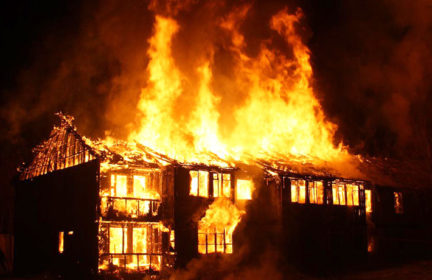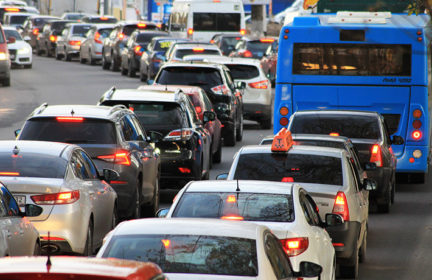Family emergency plans?
I just finished reading a new preparedness book* that, like all preparedness how-to books, talks about family emergency plans— you know, the whole, “Have a meeting place outside the neighborhood” advice. And you know what? I’ve never done that prep. Moreover, I don’t get it. Maybe it’s because my household is small (fewer people to scatter), or because my house is very small (it’s not like we’d flee a structure fire from separate wings and then lose one another on the expansive grounds, ffs), or because Covid has broken my brain (“We are always together. There is nothing other than together.”), but I just can’t envision a meet-up plan that is simple enough to actually remember but also versatile enough to serve 80% of scenarios in which we would need it. In the most likely 80% of scenarios, we are bugging in, so the house is our meeting place. In any case where we have to bug out, well, which direction we go and how far we can go depends entirely on the nature of the threat.
Can anyone articulate for me how they’ve approached or operationalized this (presumably good) guidance? What does your family emergency plan look like? Which scenarios do you use it for? Do I not get it because of where I live and the kinds of things it makes sense to prep for here? For example, if you live in the WUI in the Western U.S., it seems clear to me that you should figure out multiple driving and walking routes out of your neighborhood in the event of a wildfire; there are probably limited options, memorizing all of them is both possible and sensible, and it makes sense to come up with a place out of harm’s way to which all routes lead. But I live in the middle of a city, the odds of a wildfire sweeping through are vanishingly small, and there are literally a gazillion ways out of the neighborhood. If you live in hurricane country I can see trying to figure out a way out of your neighborhood that doesn’t direct your through low-lying, flood-prone areas, but our big disaster threat here is an earthquake, and I don’t really see an analog there.
Anyway, any thoughts or anecdotes to help me make this practice make sense for my household would be much appreciated.
* The book was David Pogue’s How to Prepare for Climate Change, and I really only skimmed it, since I’ve read a lot about both preparedness and climate change. Most of the information wasn’t new to me, but it was really interesting to have see those two subjects woven together. The book seems like a particularly valuable resource for anyone in flood-, hurricane-, or wildfire-prone areas, since it goes into how to understand your insurance policy and get assistance from your insurer and the federal government post-disaster— a very unsexy, bureaucratic side of prepping that probably characterizes the reality of post-disaster life better than what we see in apocalypse and survival movies!
-
Comments (11)
-

